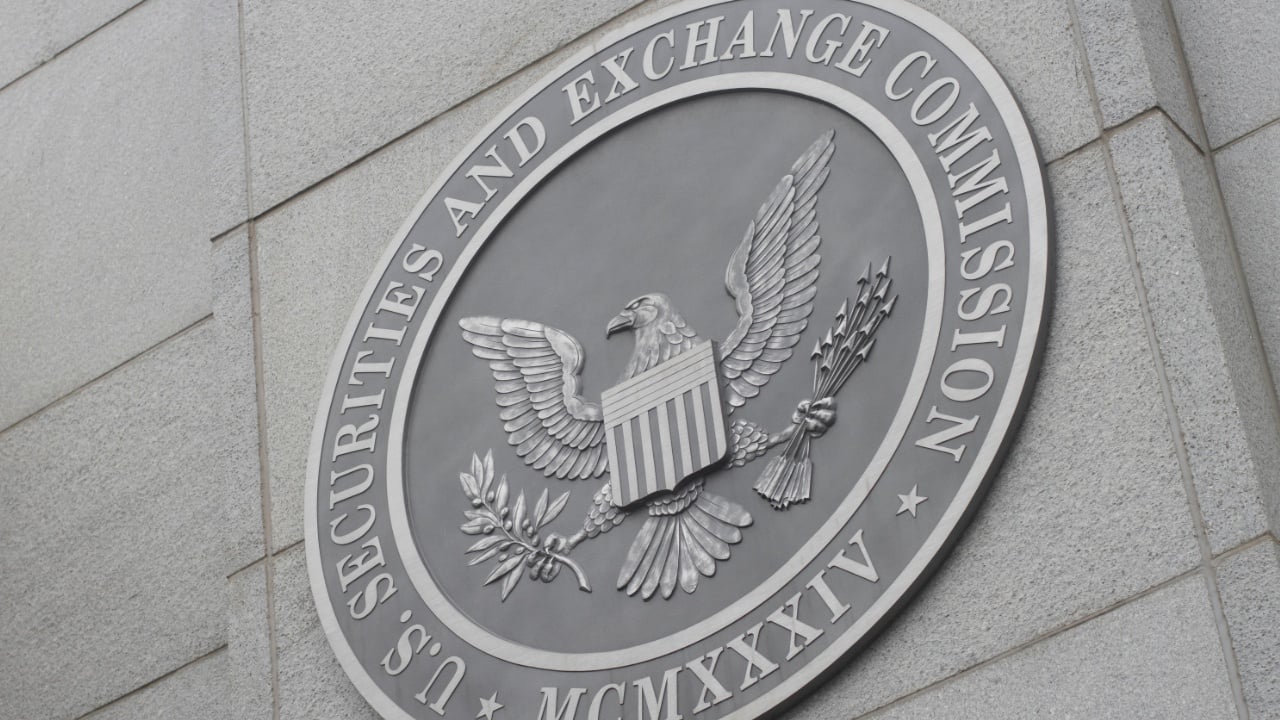
 by Ravi Desai -
Published on 12 June 2025 09:28 GMT
by Ravi Desai -
Published on 12 June 2025 09:28 GMT
The Securities and Exchange Commission (SEC) has sent shockwaves through the crypto landscape by blocking DeFi Development’s ambitious $1 billion plan for Solana, a move that has raised questions about the future of decentralized finance and regulatory oversight in the United States. Just days after filing an S-3 registration with the SEC, the company abruptly withdrew its proposal, highlighting the precarious balance between innovation and regulation in an industry that thrives on disruption.
DeFi Development's plan aimed to leverage Solana's high-speed blockchain to create a suite of financial products that would attract both retail and institutional investors. However, the SEC’s intervention signals a growing scrutiny of projects that blur the lines between traditional finance and the decentralized ecosystem. The commission's stance suggests that the path to legitimacy for DeFi projects may be fraught with challenges, particularly as they attempt to navigate an ever-evolving regulatory landscape.
This isn’t the first time the SEC has taken a hard line on crypto initiatives. The agency has been vocal about its concerns regarding investor protection, market manipulation, and the lack of transparency in many blockchain projects. By blocking DeFi Development’s plans, the SEC has sent a clear message: compliance with existing securities laws is non-negotiable, even for projects built on the promise of decentralization and innovation.
The fallout from this decision extends beyond DeFi Development. As the SEC tightens its grip, other companies may reconsider their strategies, weighing the risks of pursuing large-scale projects in a regulatory environment that is anything but welcoming. The incident raises an essential question: can DeFi coexist with stringent regulatory frameworks, or is this the beginning of a stifling atmosphere that could hinder growth and innovation?
For investors, the SEC's action introduces a layer of uncertainty. The promise of DeFi—a world where financial services are accessible to all, without the barriers of traditional banking—now appears at risk. Investors who were poised to engage with DeFi Development's offerings may think twice, wary of the potential for regulatory roadblocks that could derail their investments.
Moreover, this situation may serve as a wake-up call for other DeFi projects. Companies will need to be proactive in ensuring compliance, which could shift the focus from innovation to regulatory navigation. This could inadvertently stifle the very creativity that has driven the sector's rapid growth.
The SEC's blockade on DeFi Development's plan might seem like a setback for the industry, but it also presents an opportunity for dialogue. As regulators and crypto innovators find themselves at an impasse, the potential for a more structured regulatory framework emerges. Such a framework could provide clarity and stability, encouraging responsible innovation while safeguarding investor interests.
The future of DeFi in the U.S. hinges on the industry's ability to adapt to these regulatory challenges. Will DeFi projects pivot towards compliance and transparency, or will they double down on their decentralized ethos, risking further clashes with regulators? The answers to these questions will shape the trajectory of decentralized finance and determine whether it can truly become the financial revolution it promises to be.
As we move forward, one thing is certain: the relationship between the SEC and the crypto industry will continue to evolve, and how this dynamic unfolds will have lasting implications for the future of finance. The disruption isn’t over; it’s just begun.